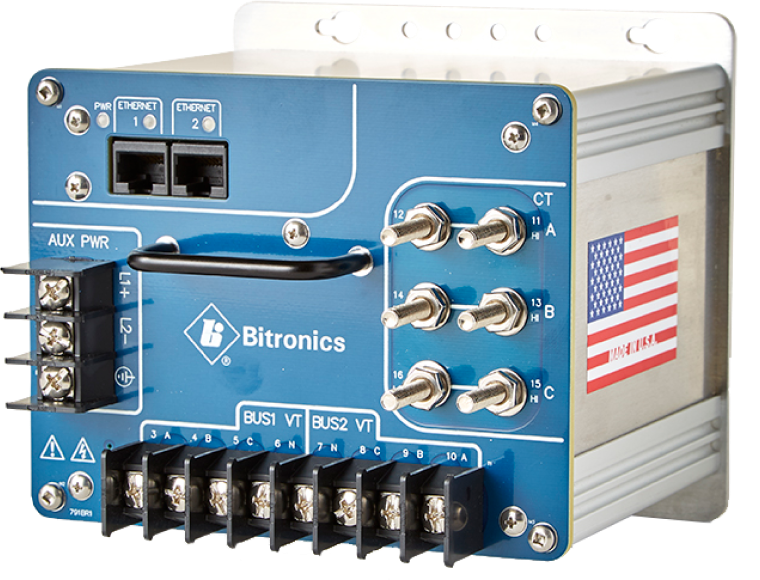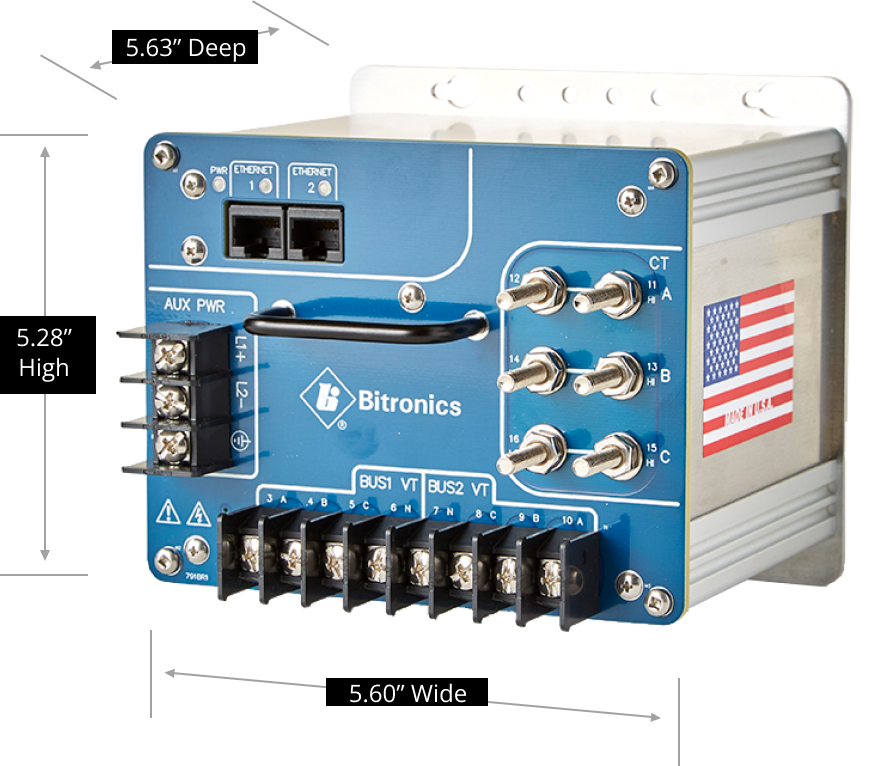Real Time Synchronization

Introduction
The PowerPlex II (PPX II) is a new Automation Transducer built in the same package as the original PowerPlex, or with digital I/O added, in the M571 case. It is an Ethernet transducer with fast, 1-cycle updates that can be used in SCADA automation schemes and in synchronizing applications in conjunction with PLCs. It is an excellent choice as a replacement for the Bitronics M571 in non-recording applications. Two sets of three-phase voltages that allow direct connect for 600V ac systems are provided.
Communications
Measurements
Built for the Substation
Applications
Environmental

Wide chassis (with I/O and serial port): 5.2” H x 8.5” W x 5.9” D(132mm H x 216mm W x 150mm D).
Specifications
Dimensions
Weight
Power Supply
Current Inputs
Voltage Inputs
Outputs
Digital Inputs
Digital Outputs
Isolation
Available Measurements
Let’s talk
Call us today at 844.NovaTech (668-2832)
Or please fill out this form and someone will get back to you shortly.



